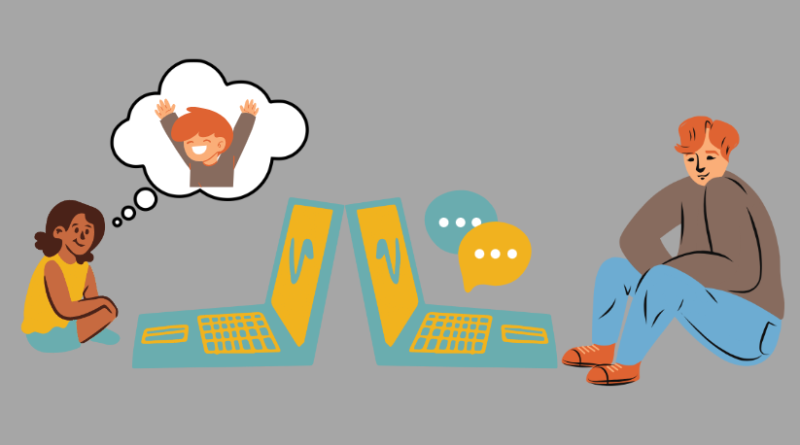Child Endangerment on the Internet
“She’s written herself off and decided that the only way she’s going to have a future is to make a mint on OnlyFans.”
This quote came from the mother of a 17-year-old social media influencer, who is concerned about her daughter’s affinity for online attention. This mother is one of the many parents who are allowing their children to become influencers on apps such as Instagram and TikTok. While these parents might think that it’s harmless, child predators often use these accounts to indulge in their desires. These people will often pay for exclusive content from these influencers and send them gifts and money, establishing disturbing relationships with them.
Unfortunately, the exploitation of child influencers is not the only issue surrounding children online. People who use Instagram are well aware of the trend of adults commenting “hear me out” on images, posts, and reels of children. The phrase signifies that the commenter finds the person attractive and wants others to “hear them out” about it.
Sophomore Leila Diomande asserts, “ Older people [laugh] at these [comments] and repost this content instead of being concerned … . and think nothing of it.”
In addition to being problematic, these comments show that some adults don’t care about children on the Internet. People are quicker to blame the children for being on social media (which is a problem on its own) than the adults for sexualizing them.
“Something that comes to mind is the exploitation … of child rapper Lil’ RT,” notes sophomore Giselle Wyche. “He is a very young child … and should not be cursing and rapping [inappropriate] lyrics, [and] most people don’t even acknowledge [this].”
This is part of a larger trend in which children who appear more provocative and outlandish get more likes, views, and comments on social media than children who live regular lives. Even worse, children who wear more revealing clothing gain followers and influence much more quickly than children who wear regular clothing.
Social media sites claim that they do everything in their power to prevent child exploitation, but the parents of children exposed to a variety of dangers online beg to differ. During a congressional hearing in January, these parents (along with victims of child exploitation online and other advocates) forced Meta CEO Mark Zuckerburg to publicly apologize to them. However, despite this incident and other actions taken by local and national governments, nothing has changed on social media.
According to Wyche, “media sites need to do a better job of setting things up such as age restrictions, finding the parents of exploited children, [and] demonetizing [inappropriate] content.”
Even though social media is not a safe place for children, kids who end up on these sites should not be the victims of exploitation. Though there is not a clear solution to this issue, people should make sure that they report inappropriate posts, comments, and images to make social media a safer place for everyone.




